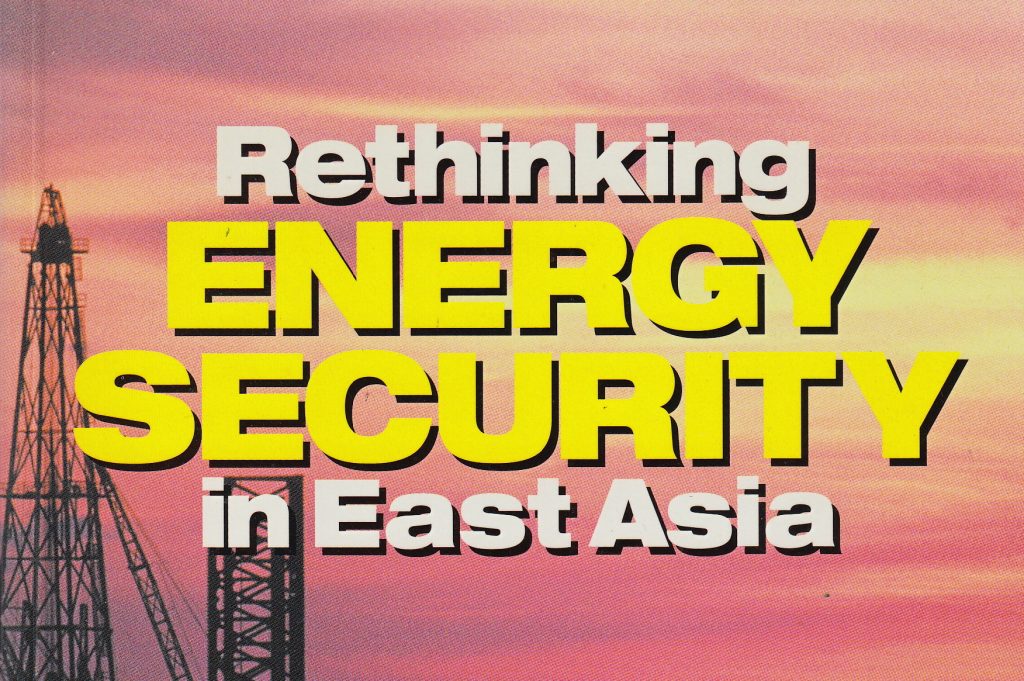ENERGY AND SECURITY IN EAST ASIA
1998–1999
The security implications of East Asia’s growing demand for energy have received increasing attention since the beginning of the 1990s. At issue is how East Asian countries in general and China in particular will satisfy their enormous appetites for energy—a demand that is expected to rise dramatically in the coming decades in response to economic growth, rapid urbanization, and changing transportation habits. Some fear that energy insecurities will become a potent source of regional friction and even conflict, while others predict that market forces will ultimately satisfy the rising demand, encouraging regional cooperation in the process. Still others worry about the ecological costs of rising energy use and view this as the most pressing challenge to regional well-being.
In 1998, JCIE launched a multinational study on this issue under the aegis of its Asia Pacific Agenda Project (APAP). The study was an outgrowth of an earlier JCIE project, The New Security Agenda, and aimed to assess the region’s energy-related security concerns in greater detail. A second objective was to bring a range of Asian perspectives to the debate, which has in general been dominated by American experts.
A study group of experts from the region was led by Paul Stares, director of studies at JCIE and nonresident senior fellow at the Brookings Institution. The group met in Tokyo for two workshops, held in October 1998 and March 1999, resulting in a published volume.

JCIE Publications | Rethinking Energy Security in East Asia
PROJECT TEAM
Director
PAUL STARES, Director of Studies, Japan Center for International Exchange
China
GAO SHIXIAN, Deputy Director, Energy Research Institute, State Development Planning Commission, Beijing
Japan
HIDEAKI FUJII, Senior Economist, Research Center for Environment and Development, Mitsubishi Research Institute, Tokyo
South Korea
LEE MYUNG-KYOON, Director, Environment Research Division, LG Economic Research Institute, Seoul
Russia
EUGENE M. KHARTUKOV, General Director, Head World Energy Analysis and Forecasting Group (GAPMER), International Center for Petroleum Business Studies, Moscow
Taiwan
GEORGE J.Y. HSU, Research Fellow, Center for Energy and Environmental Studies, Chung-Hua Institute for Economic Research, Taipei
ASEAN
MOHAMMED ZAMZAM BIN JAAFAR, Chief Executive Officer/Executive Director, Pusat Tenaga Malaysia (Malaysia Energy Center)
United States
SCOTT SNYDER, Program Officer, United States Institute of Peace, Washington, DC


